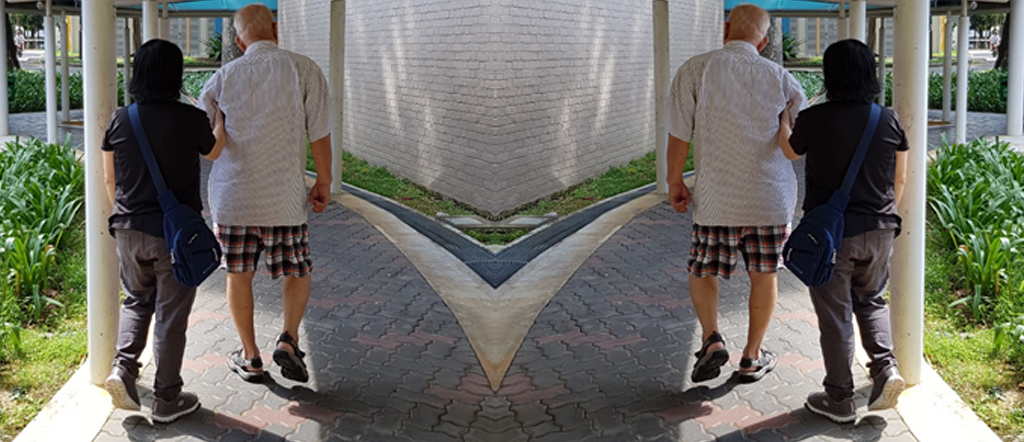
Living Alone with Dementia
By Intern, Tan Rong Ying
People with dementia are often pictured to be overly reliant on their caregivers and incapable of basic self-care, but that is not the case for Mr Teng. Despite grappling with dementia and chronic medical conditions, the 79-year-old single man lives alone in his rental flat in Whampoa and leads an active lifestyle. He wakes up at 7am every morning, heads to his brother’s place and takes his medication under his brother’s supervision. He then buys his own breakfast at the coffee-shop nearby. Mr Teng proceeds to attend day club programmes organised by Hua Mei Elder-centred Programme of Integrated Comprehensive Care (EPICC) – these programmes help to strengthen his cognitive, motor, and social skills.
Apart from better medical compliance, Mr Teng’s personal hygiene and home environment have also improved. While he used to face incontinence issues, he now has better control over his bowels due to consistent prompts and reminders from EPICC staff. They also visit his home once a week to aid him in basic housekeeping such as toilet-cleaning and bedsheet-changing. Being the oldest among seven children, Mr Teng receives support from his siblings. Despite their personal family commitments, they frequently check in on him, provide him with financial aid and perform housekeeping duties.
Mr Teng’s strengths are also important in offsetting some challenges posed by his condition. As he has lived in Whampoa for decades, his familiarity with the environment allows him to navigate around more safely and with ease. Mr Teng has a good sense of money, enabling him to buy food without problems. Known as a reserved man before the dementia onset, Mr Teng has honed his social skills by engaging with staff and other seniors at the centre. This allows him to communicate his thoughts and needs more freely.
Despite receiving family and community support and his strengths, there are still challenges that lie ahead of Mr Teng. His sister voiced out her major concern of him living alone – as they (his siblings) cannot be around him all the time, she was worried that he would fall at home again without being able to call for help, and this might impact his otherwise good mobility. Considering the progressive nature of dementia, his siblings are also worried that he might require a live-in caregiver if his condition worsens.
Disregarding the current and future challenges dementia poses, Mr Teng maintains a positive outlook and takes joy in the little things, like watching his favourite television shows. He also expresses contentment in living alone and his simple lifestyle. Dementia exists merely as part of Mr Teng’s identity; his will, coupled with his strong social support, allows him to cope with living alone.

